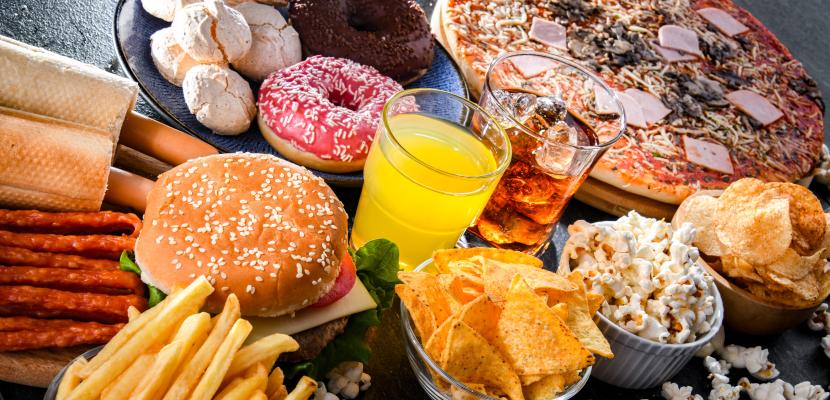
by Dr Megan Lee
Our food system is setting families up to fail, and a new global report on nutrition is clear about the consequences.
UNICEF’s report on global childhood nutrition found that, for the first time ever, children are more likely to be overweight and malnourished than too thin.
Malnutrition in children stunts growth, weakens immunity, impairs brain development and learning, and sets them up for lifelong health problems.
It might seem shocking that children who have more than enough to eat could possibly be malnourished.
But the growing prevalence of ultra-processed foods and convenient “junk” foods means they are consuming empty calories instead of the vitamins, minerals and fibre their brains and bodies need.
UPFs are products made from refined ingredients and additives – items like soft drinks, lollies and chicken nuggets – and are designed to be convenient and hyper-palatable.
Data shows that in Australia, 25 percent of school-aged children are now overweight or obese and if current trends continue that will rise to 50 percent by 2050.
This isn’t just a matter of poor individual choices – it’s a systemic issue in which these products have been normalised to the point they are often cheaper and more accessible than fresh, whole foods.
Junk foods are designed to assault our tastebuds with hyper-sweet and salty flavours and textures designed to encourage us to consume more and more.
Families are bombarded with advertising for unhealthy foods, supermarkets promote UPFs with misleading health labels and children are rewarded with fast food vouchers at sporting events.
We are all working more, with little time to make things from scratch, and the cost-of-living crisis is putting fresh whole foods out of reach for some.
That’s part of the challenge with imposing a “junk food” tax – one of the UNICEF report’s eight recommendations.
While I wholeheartedly support a tax on UPFs, it must come with a commitment that revenue will be funnelled directly into farming and food production to make whole foods cheaper and more accessible.
Otherwise we are just punishing those on lower incomes already struggling to afford healthy choices.
We need to reverse the economics of our current food system to ensure it’s easier and cheaper to choose fresh fruit, vegetables, nuts and grains, than prepackaged snacks with low nutritional value.
This is also not just a physical health issue.
Our research is looking at the impact of UPFs on mental health and finding strong links between poor diet and conditions like depression and anxiety.
The physical and mental health of the next generation is at stake unless we tackle this tricky issue.
Consumers and families can’t do it alone when they face such bombardment from “big food”.
A “junk food” tax might well be worth trying.
- Dr Megan Lee is Assistant Professor of Nutritional Psychiatry at Bond University.